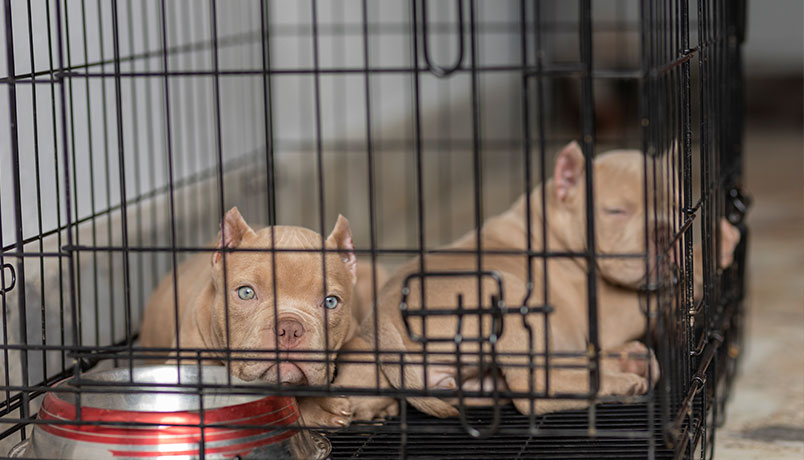 Fin al maltrato; no regales mascotas
Fin al maltrato; no regales mascotas
Patricia Zavala Jiménez
vicepzavala@fsimilares.com
Antes de que tome una decisión apresurada, SíMiPlaneta le invita a reflexionar sobre el porqué no es recomendable regalar una mascota en Navidad o Día de Reyes.
Los animales de compañía necesitan tiempo, dedicación, amor y cuidado; no son objetos que se puedan desechar o abandonar.
Lamentablemente, se estima que 22 millones de perros y gatos viven en la calle, sin importar que sufran violencia, desarrollen enfermedades o sean víctimas de la indiferencia.
A esto se suma que culturalmente se fomente una mala educación entre la juventud: “Es un error hacerle creer a los niños que estos animalitos son un objeto que puede desecharse porque con el tiempo ya no les gusta o no lo pueden cuidar”, explica Ylenia del Carmen Márquez Peña, médica veterinaria de la UNAM.
Comenta que la compra impulsiva de una mascota provoca que un alto porcentaje de estos animales, que son regalados en Navidad o Día de Reyes, terminen en la calle en los siguientes cuatro meses.

Compra impulsiva de crías
Los ejemplares que más se adquieren en criaderos, tiendas de mascotas o en línea son perros y gatos; en cuanto a los no convencionales, se comercializa un alto número de peces, roedores, hámsteres, cuyos, ratones, algunos anfibios como tortugas, guecos o iguanas.
Con estas últimas especies, el problema puede ser mayor si se adquieren en lugares sin certificación, debido a que pueden estar “desnutridos o padecer enfermedades”, detalla Ylenia Márquez.
Aunque parezca inofensivo, la compra impulsiva de mascotas fomenta el comercio ilegal de animales, e implica que sean criados sin adecuadas condiciones sanitarias, así que corren el riesgo de morir por enfermedades o presentar alteraciones en el comportamiento.
Por lo general, la adquisición de estas mascotas se realiza cuando aún tienen facciones físicas atractivas porque se ven “tiernos” y “pequeños”, pero con el tiempo crecen, necesitan más espacio, alimento y cuidados veterinarios, y, a su vez, implica un mayor gasto económico.
Ser un dueño responsable implica cubrir gastos médicos en el veterinario, como vacunas o esterilización y, por supuesto, su alimento. Se estima que los mexicanos pueden llegar a gastar entre 15 mil y 25 mil pesos al año en las necesidades básicas de su mascota.
Además, el abandono de animales les provoca “un sufrimiento impresionante, porque dependen totalmente del ser humano”, recuerda la especialista de la UNAM.
Millones de animales son abandonados
En América Latina, México ocupa el primer lugar en maltrato animal y, en el ámbito mundial, es el tercero donde se cometen más actos crueles contra ellos, así lo revela la organización AnimaNaturalis.
Se estima que en el país existen 27 millones de mascotas, sin embargo, 70 por ciento de gatos y perros son abandonados a su suerte; esto significa que siete de cada 10 animales domésticos en México son víctimas de alguna forma de maltrato, de acuerdo con el Instituto Nacional de Estadística y Geografía de 2021.
Recomendación
Si desea tener una mascota y está consciente de todas sus necesidades, recuerde criarla con amor y dedicación, pero si no puede garantizarle los requerimientos adecuados, una opción es visitar refugios o fundaciones donde puede acariciarlos o donarles alimento.
Márquez Peña insiste en que los animales no son objetos que pueden regalarse o intercambiarse: “Son seres vivos que merecen respeto; debemos aprender a cuidarlos, a conocer y cubrir sus necesidades para que cuenten con un hogar adecuado”.